Introduction
Dogs are allowed to eat artichokes so long as they are fed this vegetable only in moderation. The biggest issue that they present is a choking hazard, so it is your responsibility to prepare and cut them properly.
Furthermore, they should never be cooked with seasonings, condiments, or spices, including salt, garlic, and onion. This post shows you the ways in which artichokes can be beneficial for dogs and several serving ideas, too.
Benefits for dogs
Low in calories
Since many commercial dog diets are rich in grains, corn, and a variety of ingredients that they shouldn’t even contain, at one point almost all dogs risk becoming overweight or even obese.
Adding artichoke to your dog’s diet as a treat, especially if they seem to love it, can circumvent this problem, especially in pups that were neutered or spayed early and that are more prone to becoming obese.
Niacin
Niacin has been found to lower HDL cholesterol and triglycerides and prevent type 1 diabetes, as well as a variety of heart health issues.
On top of that, niacin can improve the way your dog’s skin and coat looks, and it’s also quite helpful for dogs that have arthritis.
Vitamin C
Out of all of the vitamins that exist in fruit and vegetables, vitamin C is perhaps one of the most useful ones for pets and humans alike. It’s essential for maintaining a healthy immune system, so it can prevent respiratory and digestive infections.
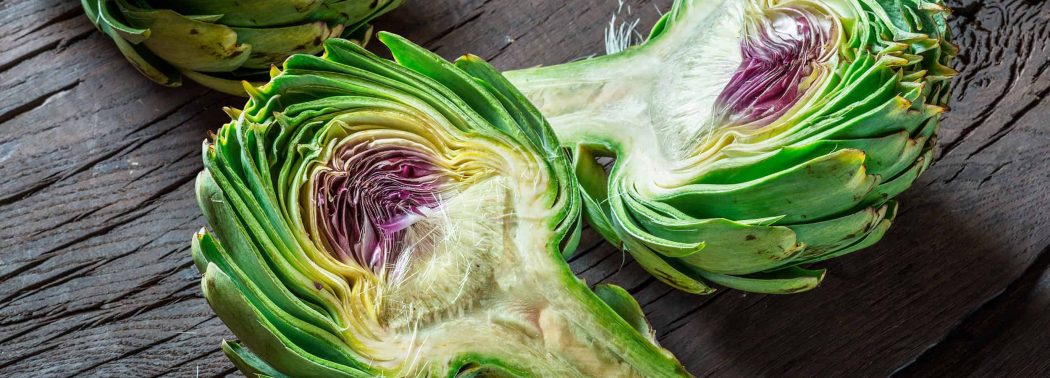
Calcium
Dogs that aren’t given calcium or that don’t receive it from their food are prone to developing rickets when they are young or osteoporosis when they age. Artichoke is a natural source of calcium.
Antioxidants
When it comes to antioxidants, there’s nothing like artichoke. It contains heaps of flavonoids, anthocyanins, and polyphenols, and all of these have been found to prevent cancer.
Fiber
Artichokes contain as much as 5 grams of fiber per 100 grams. Another aspect worth noting here is that unlike the fiber contained by grains, artichokes will not give your dog gas or digestive distress.
On the contrary, the fiber in artichoke is capable of regulating your pet’s digestion, making sure that their stools are relatively firm and happen daily.
How much to feed
Just like any other type of food that they weren’t initially designed to eat, artichokes should be given to dogs only in small amounts The same goes for the frequency of feeding.
If your dog is an artichoke aficionado, you can definitely reward them with some every week, but don’t make a habit out of doing so every day. The following table shows you some guidelines as to what amounts are safe depending on your dog’s size.
Potential risks
Choking hazard
If you’re the pet parent of a dog that loves to scarf down everything they eat, you should make sure that the artichoke is cut into very small pieces or even blended in the food processor. Otherwise, your dog might choke on it, especially on the hard parts.
Diarrhea
Due to its fiber content, artichoke can improve a dog’s digestion, particularly those that are constipated. However, if your dog eats a lot of it and they are known for suffering from chronic inflammatory digestive processes (such as IBS), artichoke can cause diarrhea.
Preparing the food
Make sure to thoroughly clean the artichokes before giving them to your dog so as to remove any dirt and debris that could be on their surface.
Cut all of the hard parts, including the stem and leaves, and do not feed them to your dog. The safest part for a dog to eat from an artichoke is its heart.

Serving ideas
The best way to serve artichokes to dogs is to do so in their raw state. Many of the vitamins, minerals, and even antioxidants that this vegetable contains are neutralized or eliminated by boiling or roasting them.
Furthermore, dogs aren’t supposed to eat butter or oils, not to mention garlic, onion, salt, pepper, or any other spices and seasonings.
However, if you are feeling wary about feeding raw artichokes to your pet, you can always make a paste in the food processor and then use some gluten-free flour as a binder (such as garbanzo or almond flour) to create artichoke nuggets that you can bake in the oven.
If you want to turn the nuggets into a snack that your dog absolutely adores, you can lightly spray them with olive oil, and they’ll become crunchy on the outside.
Conclusion
Since they’re healthy and rich in so many useful nutrients, artichokes can make a healthy occasional treat for your dog. Clean them thoroughly before feeding them raw, or turn them into artichoke nuggets for a yummy weekly reward.
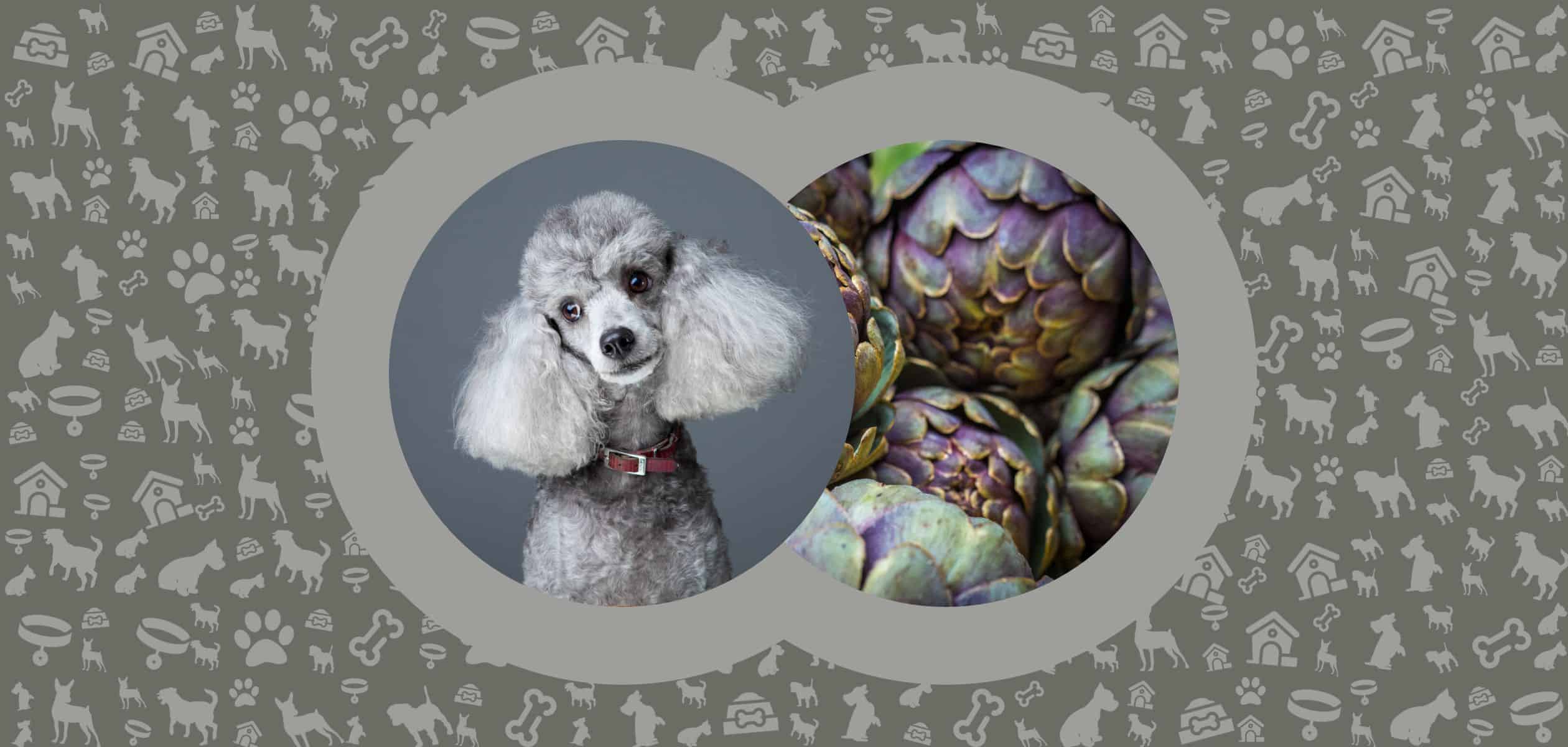
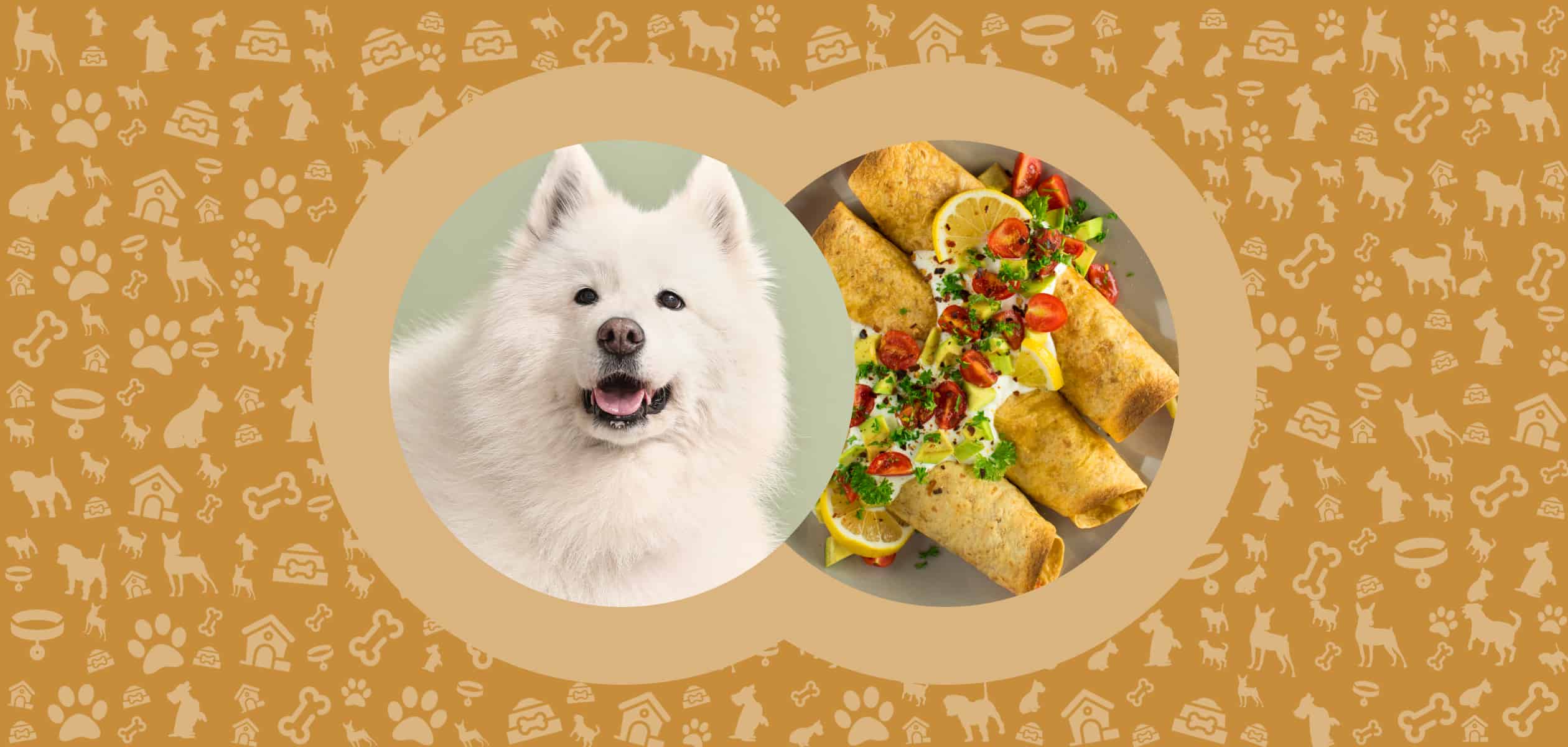


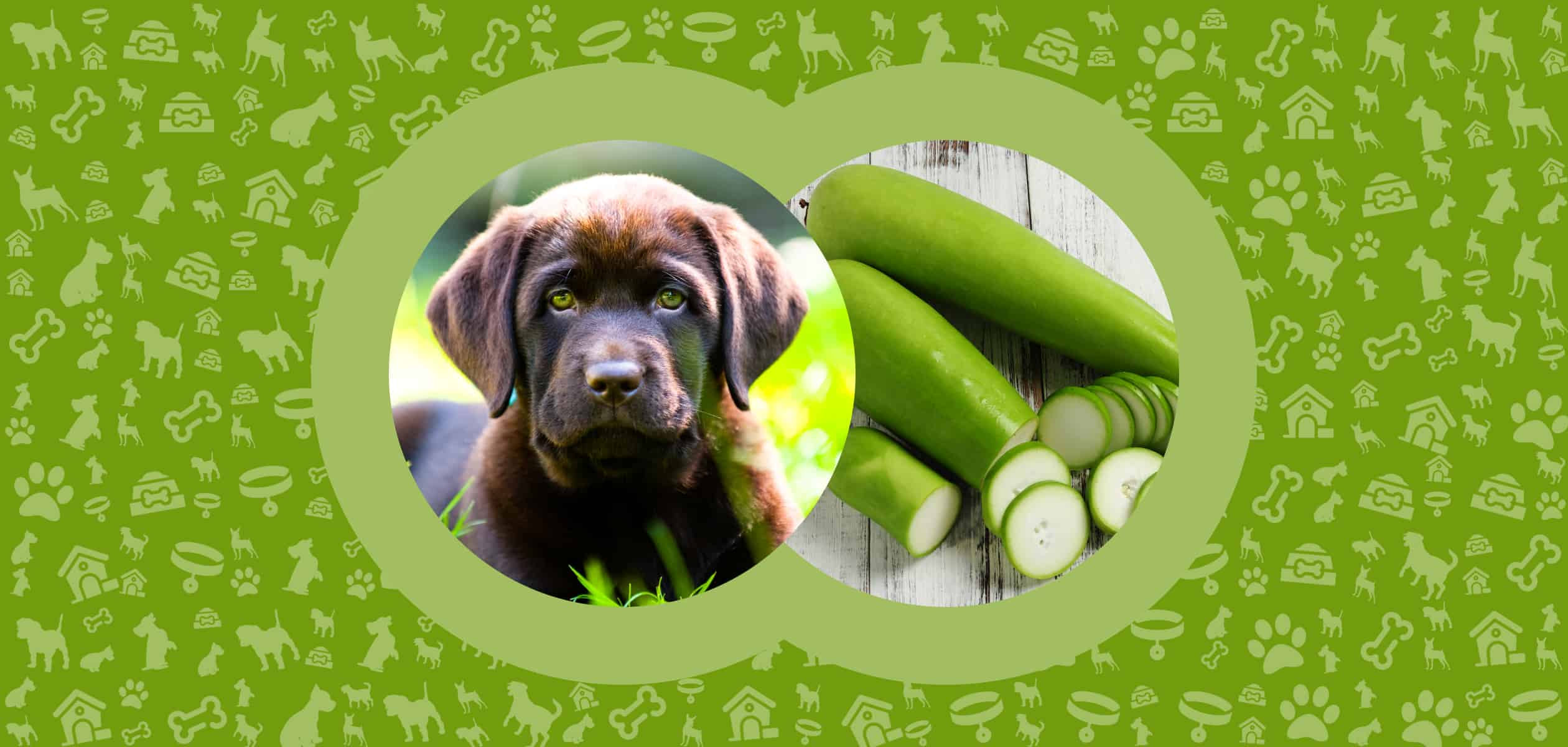
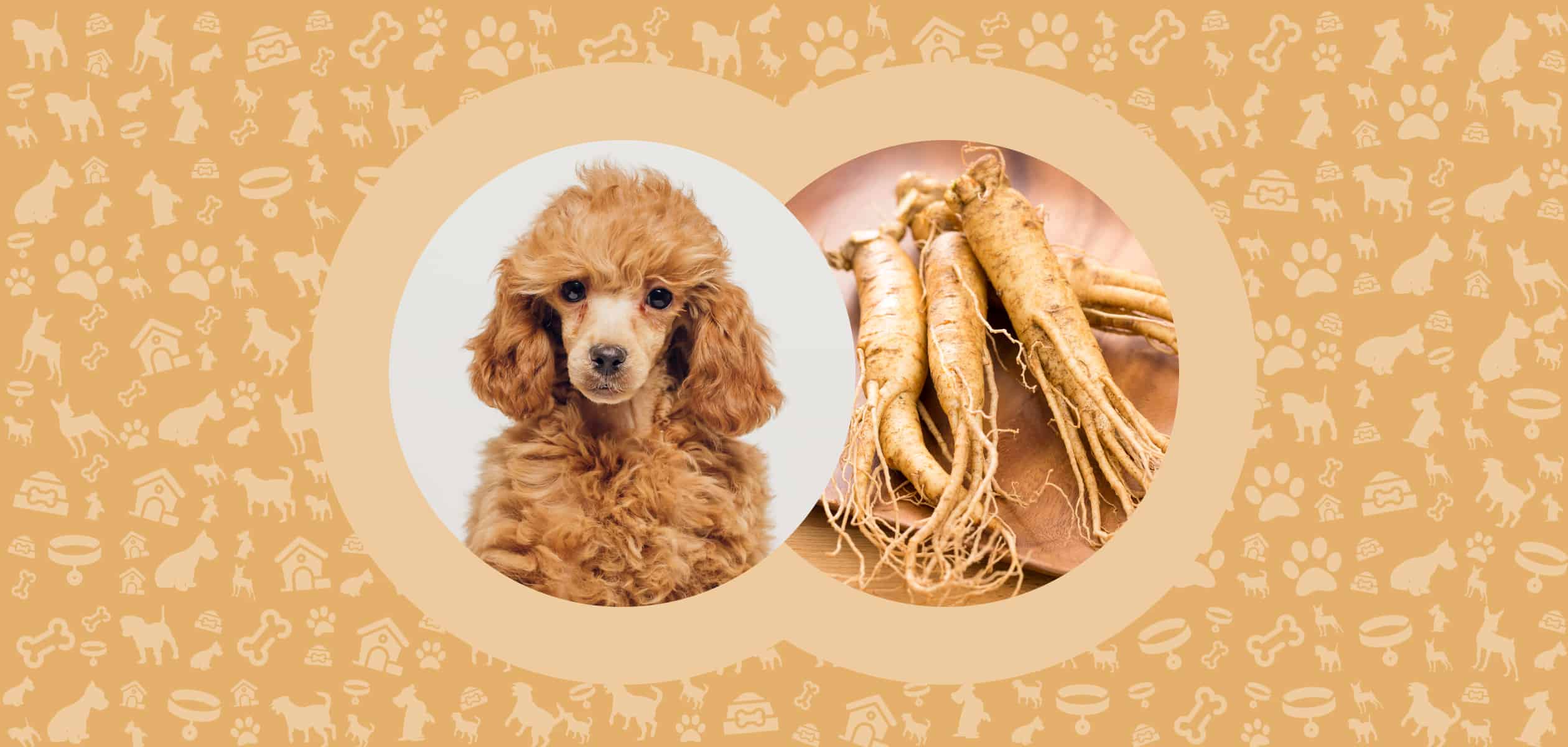
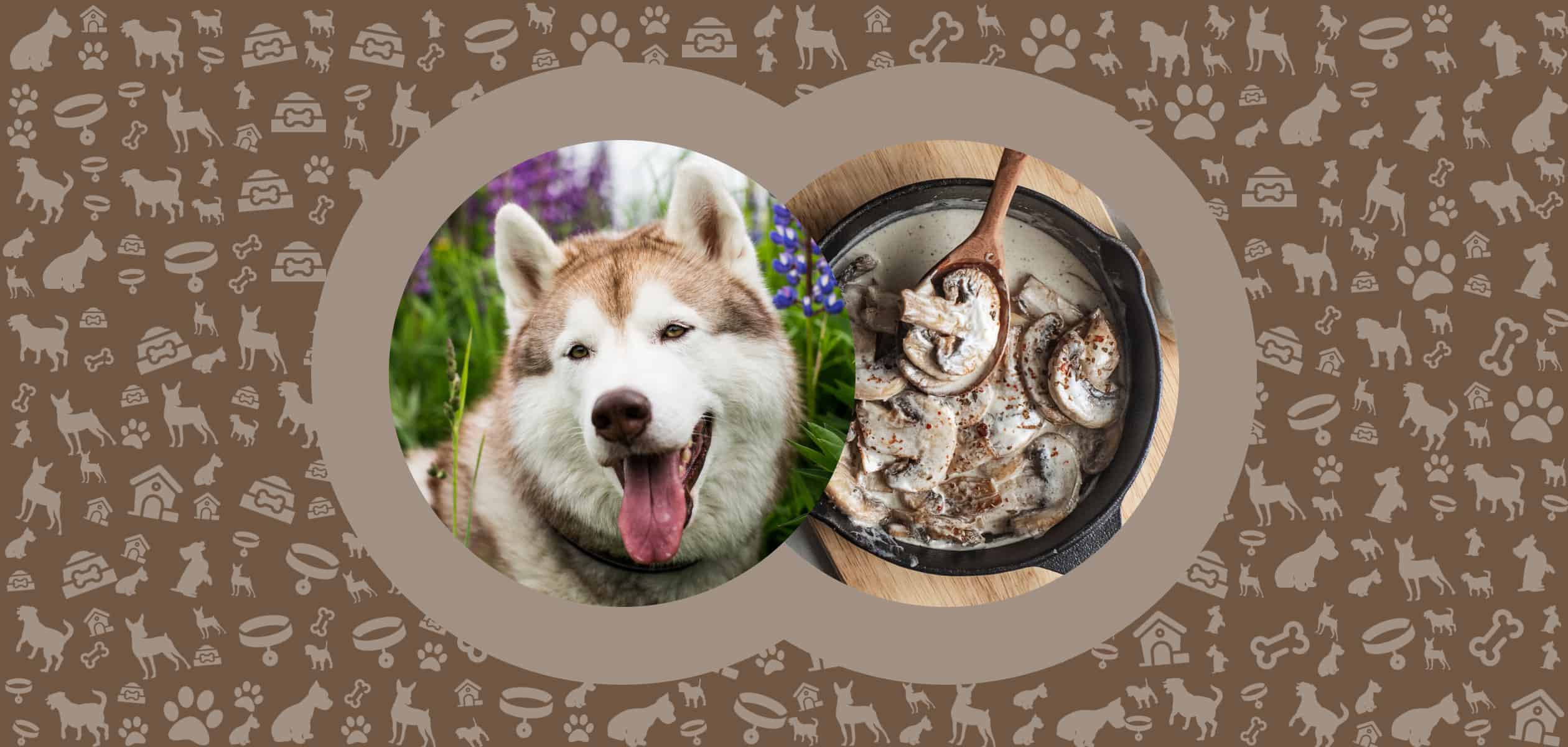
Leave a Comment